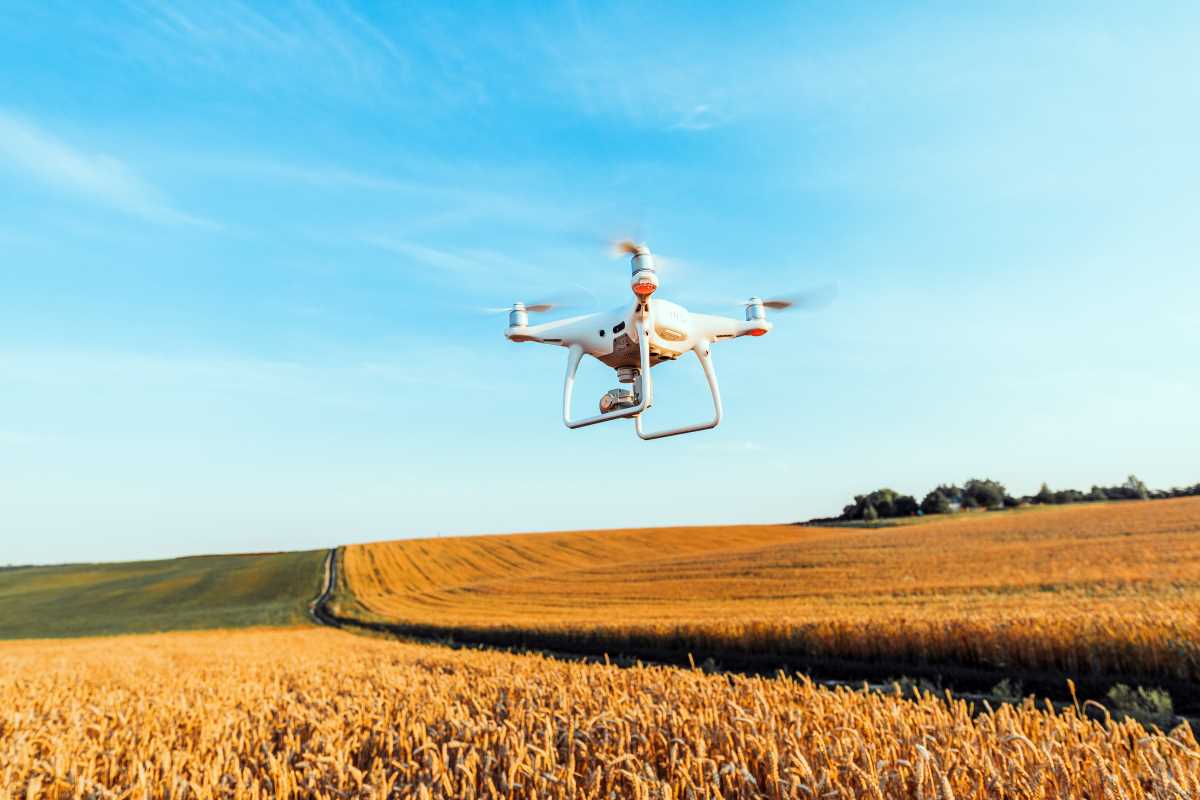Big data shapes how we tackle some of humanity's most critical and complex problems. Whether it’s fighting climate change, improving global healthcare, or addressing social inequalities, big data is at the forefront of innovation and impact. For anyone eager to build a meaningful and future-proof career, stepping into the world of big data opens doors to endless opportunities.
You don’t have to be a mathematical prodigy or a tech wizard to get started. Careers in big data span industries, skills, and interests, but all share a common goal–harnessing the power of information to make the world better.
What Is Big Data?
Before exploring the career opportunities, it’s essential to understand what big data actually means. After all, it’s a term that gets thrown around a lot, but its meaning is often misunderstood.
Big data refers to extremely large and complex datasets, often too vast and varied for traditional tools to process. This data comes from diverse sources, including social media platforms, smart devices, online transactions, satellite imagery, and even genomic research. Every tweet you post, every mile driven in a smart car, and every online purchase adds to the growing sea of data.
But big data isn’t just about volume. Three defining characteristics have earned it the moniker "big":
- Volume: The sheer amount of data generated globally every day is staggering. By 2025, it’s estimated that over 463 exabytes of data will be created daily.
- Velocity: Data is being generated and processed at breakneck speed. Think about real-time metrics for traffic navigation or financial market trends.
- Variety: Data comes in many forms, from text and images to audio, video, and even biometric signals.
The challenge lies in drawing meaningful insights from this chaotic torrent of information. Advanced technologies like artificial intelligence (AI), machine learning, and predictive analytics are crucial for making sense of it all. This ability to turn raw information into actionable knowledge is what makes big data invaluable.
Why Careers in Big Data Are Key
Big data isn’t just about numbers on a screen. It’s a tool that has the power to address pressing global challenges. Professionals in big data are helping create a more sustainable, equitable, and connected world. Careers in this field offer not only intellectual fulfillment but also meaningful societal impact. Here’s how big data is driving positive change across sectors:
Climate Action
Big data plays a central role in climate science. It enables researchers to track environmental changes, from deforestation trends to rising sea levels, with unprecedented accuracy. For instance, satellite imagery paired with big data can monitor wildfire hotspots or predict areas at risk of flooding. Governments and environmental organizations use these insights to craft more effective climate policies.
Big data helps businesses, too, by pinpointing inefficiencies in energy use or supply chains. For example, using predictive analytics, companies are designing smarter, greener logistics networks that reduce their carbon footprints.
Healthcare Breakthroughs
Healthcare is one of the sectors where big data is truly revolutionizing outcomes. Predictive models can forecast disease outbreaks, allowing governments and NGOs to prepare and allocate resources. Wearable devices like Fitbit and Apple Watch collect health metrics in real-time, feeding into algorithms that can detect early signs of conditions like heart disease or diabetes.
A striking example of big data’s impact was during the COVID-19 pandemic. Researchers used big data models to track virus spread, identify high-risk areas, and accelerate vaccine development with methods like AI-designed protein folding.
Combating Inequality
Big data illuminates disparities in access to essentials like education, healthcare, or clean water. Policymakers and nonprofits use this data to pinpoint vulnerable populations and create targeted solutions. For example, education analytics have been used in developing regions to identify rural communities most in need of schools or digital learning infrastructure.
Crisis Response
Whether it’s a natural disaster or a humanitarian catastrophe, big data is an invaluable tool in relief efforts. Satellite monitoring, paired with AI, enables agencies to quickly assess the scale of damage and prioritize aid distribution. Apps analyze social media posts for help requests, shortening response times. During Hurricane Maria in Puerto Rico, for instance, geospatial data helped aid organizations map out the hardest-hit areas more effectively.
From local governments to global organizations, leveraging these insights transforms how resources are allocated during emergencies.
When you work in big data, you’re not just crunching numbers. You’re playing a part in crafting solutions to humanity’s biggest challenges.
Key Career Paths in Big Data
The world of big data is as diverse as the challenges it seeks to solve. Whether your passion lies in technology, strategy, or even ethics, there’s a career path tailored to your skills and interests. Below are some fascinating roles in the big data landscape.
1. Data Scientist
What They Do:
Data scientists are the detectives of the data world. They research large datasets to generate actionable insights. Tools like Python, R, and SQL are their go-to for cleaning and analyzing data, while they rely on machine learning to make predictions. Industries ranging from healthcare to sports are keenly adopting data scientists to enhance decision-making.
For example, a sports team might use predictive data models to concoct winning strategies. Similarly, insurance companies can identify trends in claims to create more accurate premiums.
Why It’s Rewarding:
Few professions offer such versatility. Whether optimizing a city’s public transit system or developing targeted cancer treatment pathways, you’re at the heart of transformation.
How to Get There:
A background in math, statistics, or computer science is helpful, but online resources like Coursera and Udemy also provide flexible, affordable routes.
2. Business Analyst
What They Do:
Business analysts act as interpreters between data experts and decision-makers. They synthesize raw data into reports and strategies, often using tools like Tableau or Microsoft Excel. By identifying problems and proposing solutions, they directly influence business outcomes.
Why It’s Rewarding:
Few roles offer such a dynamic combination of data and human interaction. Whether working for a Fortune 500 or a local nonprofit, you shape strategies that matter.
How to Get There:
Focusing on critical thinking and communication is invaluable here. Supplement those with a solid grasp of basic statistical tools.
3. Machine Learning Engineer
What They Do:
Machine learning engineers craft systems that automatically improve through experience. Amazon’s product recommendations, facial recognition algorithms, and even self-driving cars rely on their expertise.
Why It’s Rewarding:
Imagine designing systems that anticipate diseases or power lifesaving technologies. If you’re intrigued by innovation, this career delivers.
How to Get There:
Deep programming knowledge and experience with libraries like TensorFlow or PyTorch are essential.
4. AI Ethicist
What They Do:
AI ethicists address the moral implications of technology. Their work ensures algorithms do not promote biases or violate human rights.
Why It’s Rewarding:
The stakes are high. You’re helping strike a balance between innovation and humanity's values.
How to Get There:
Combine tech understanding with an education in philosophy or ethics for a comprehensive view.
 (Image via
(Image via





